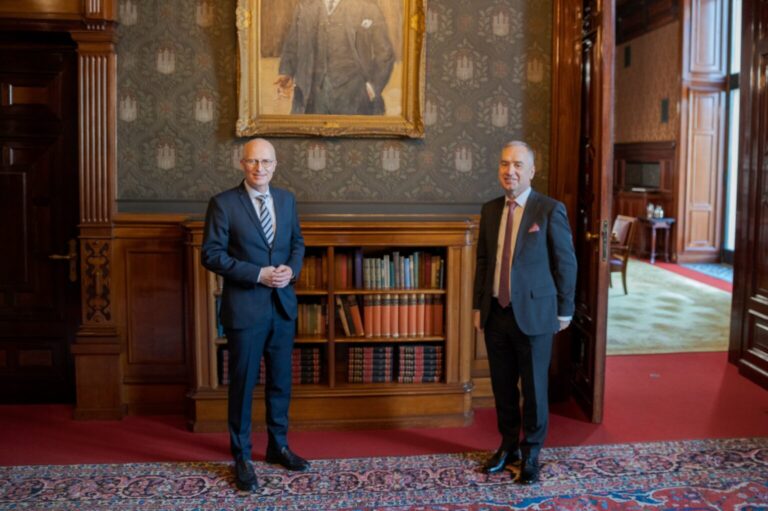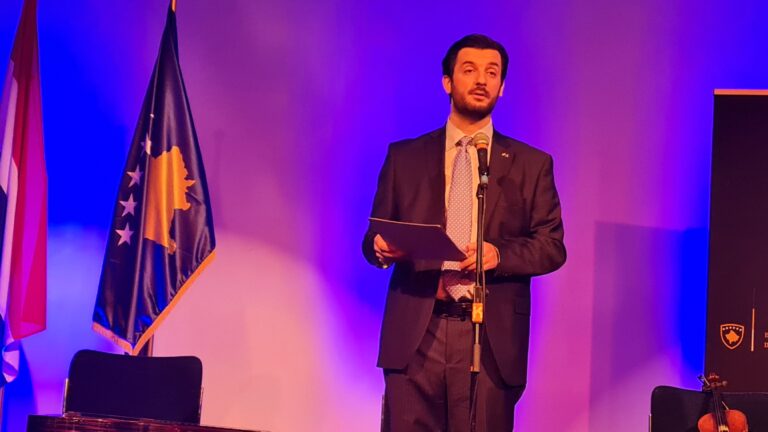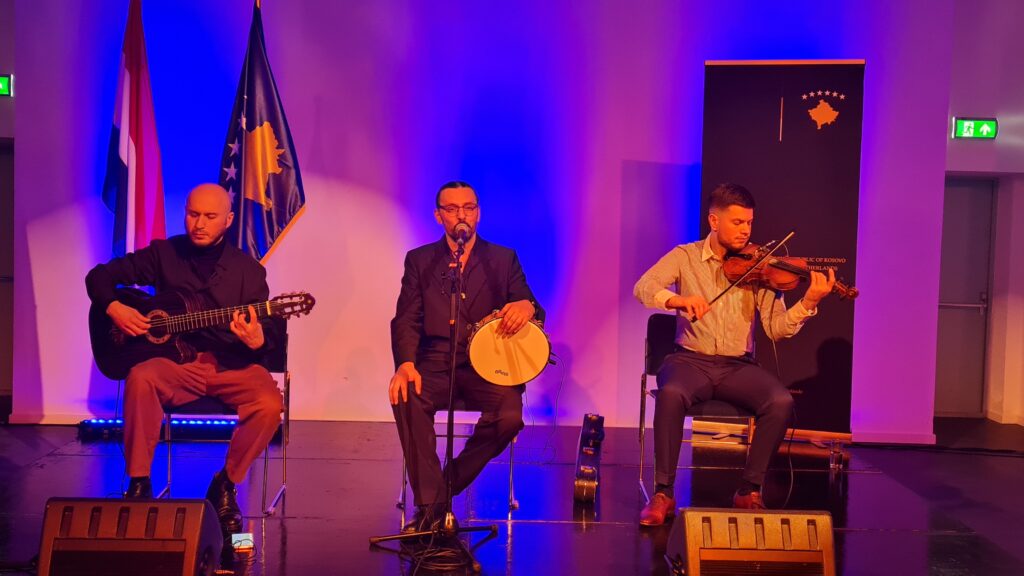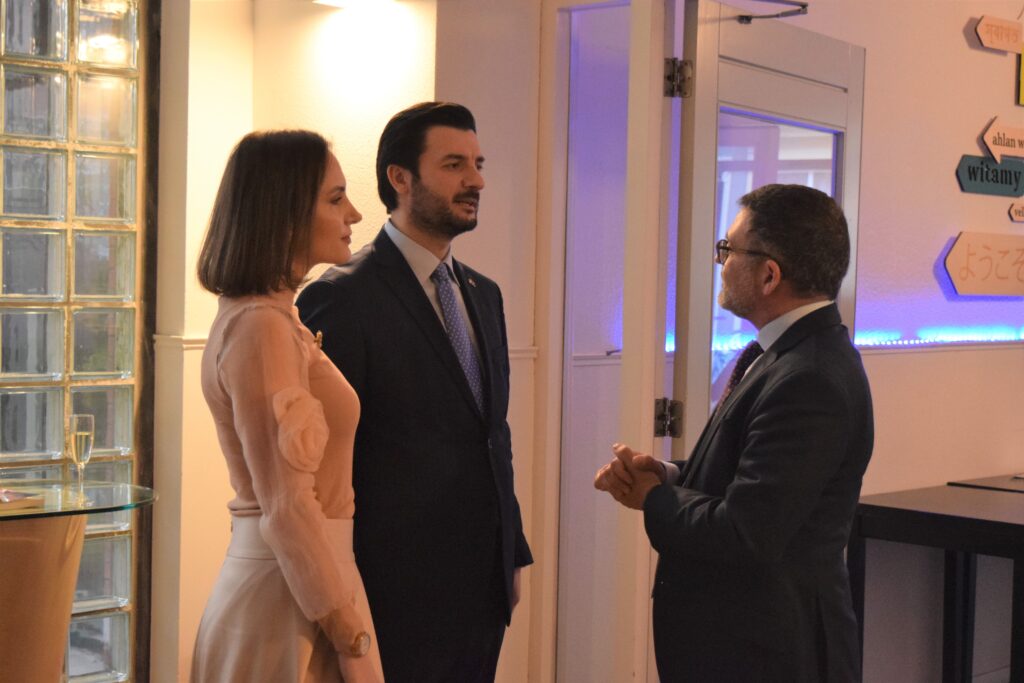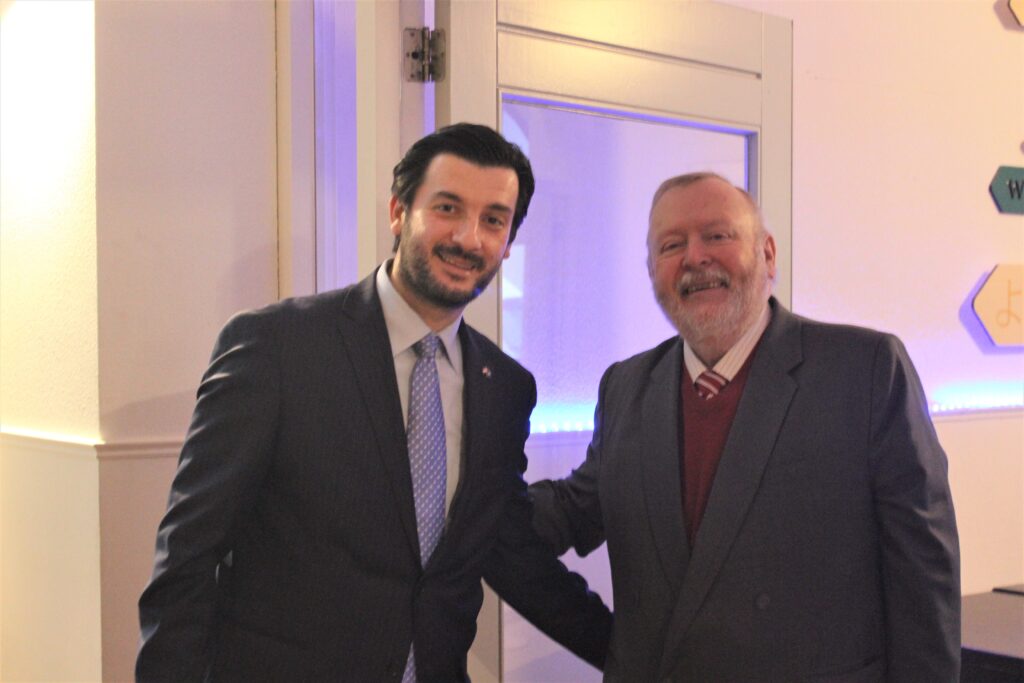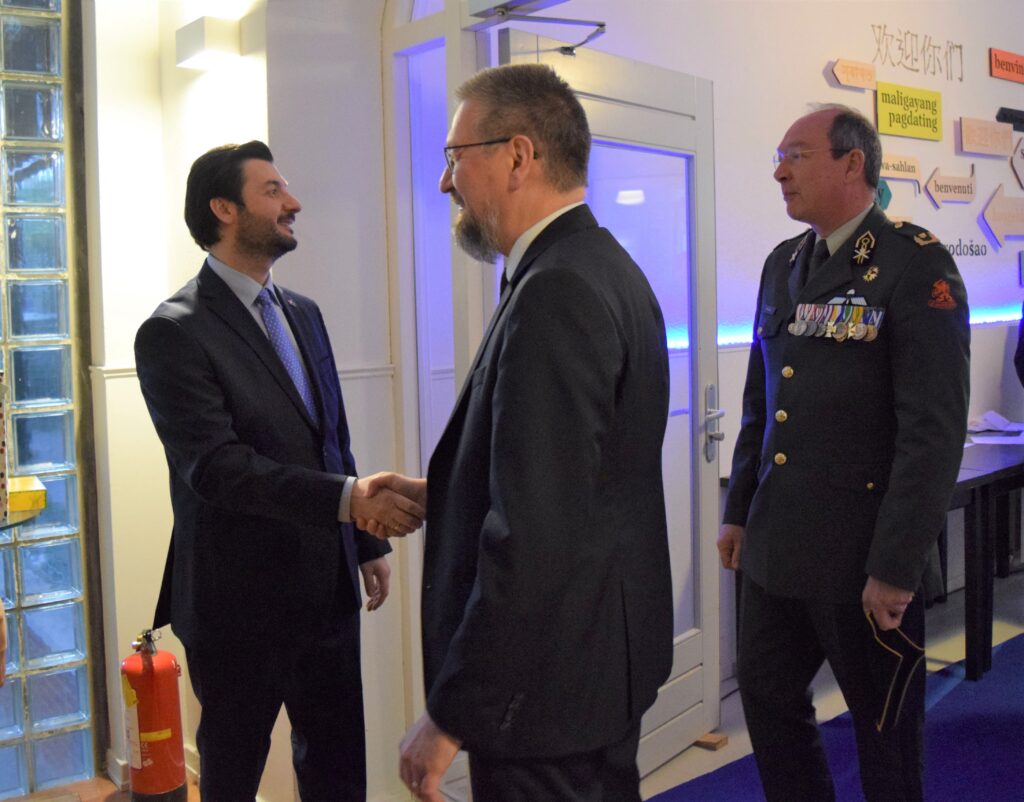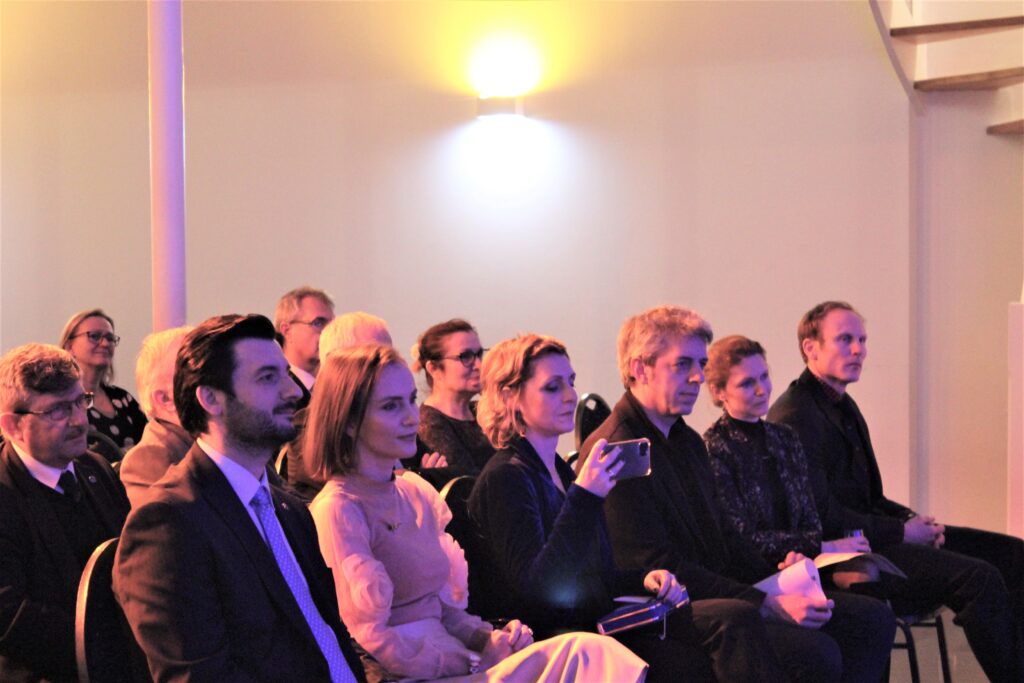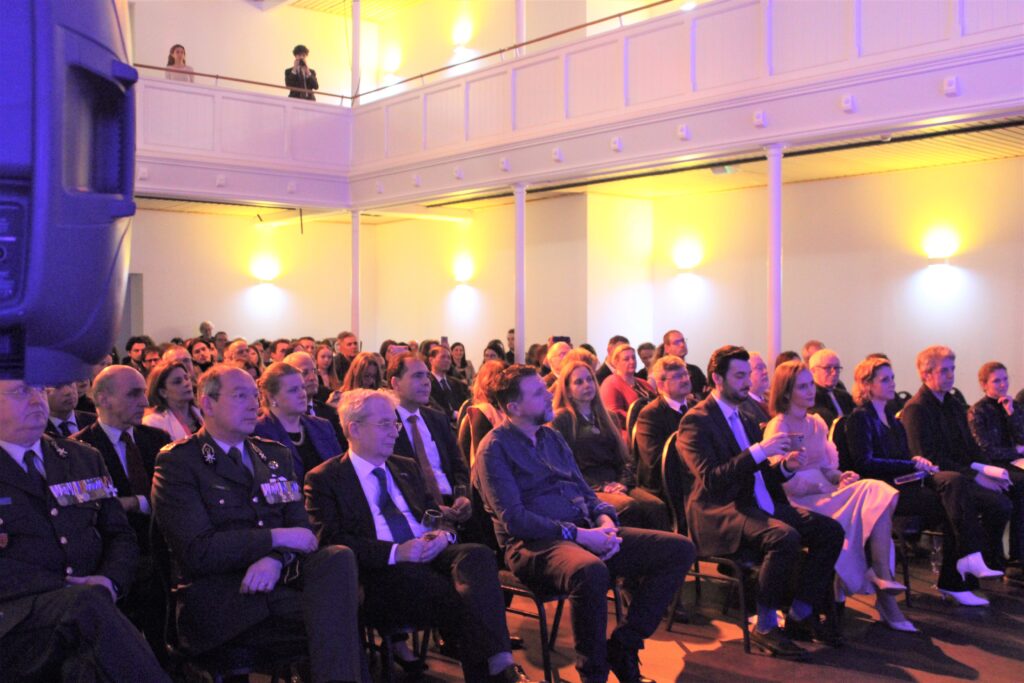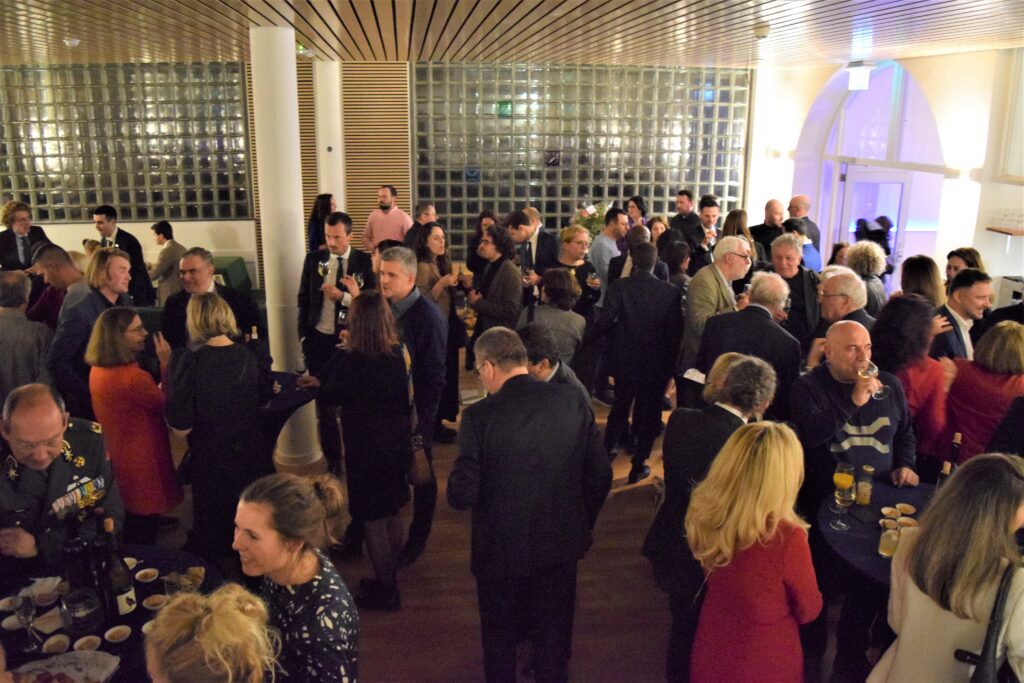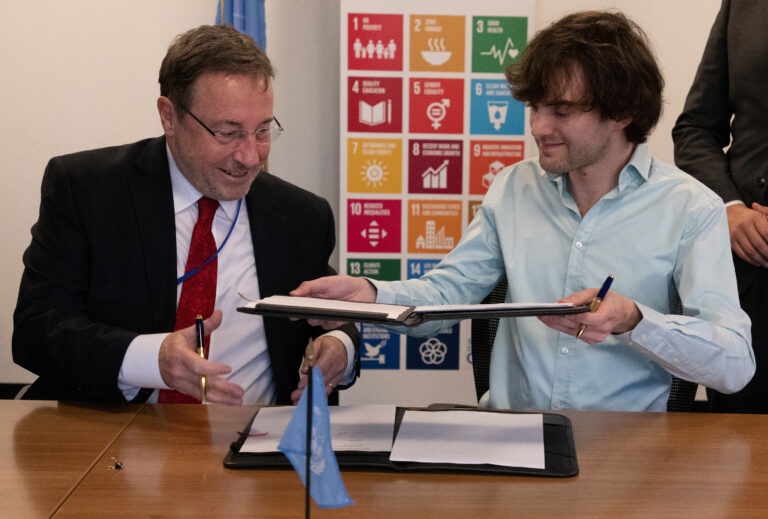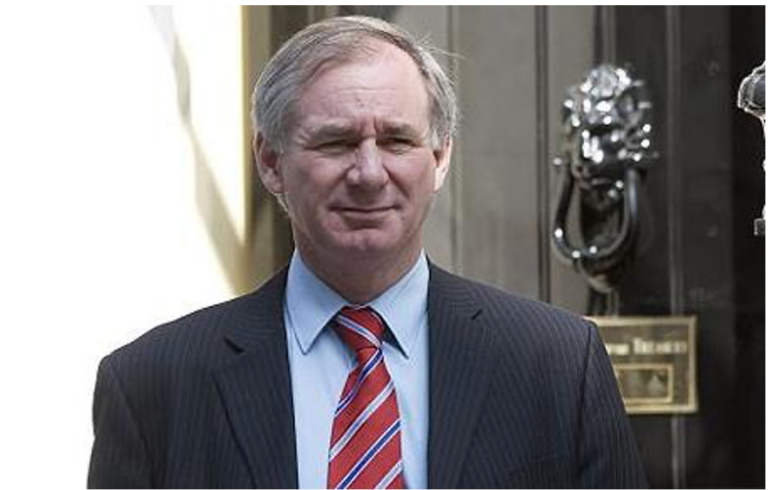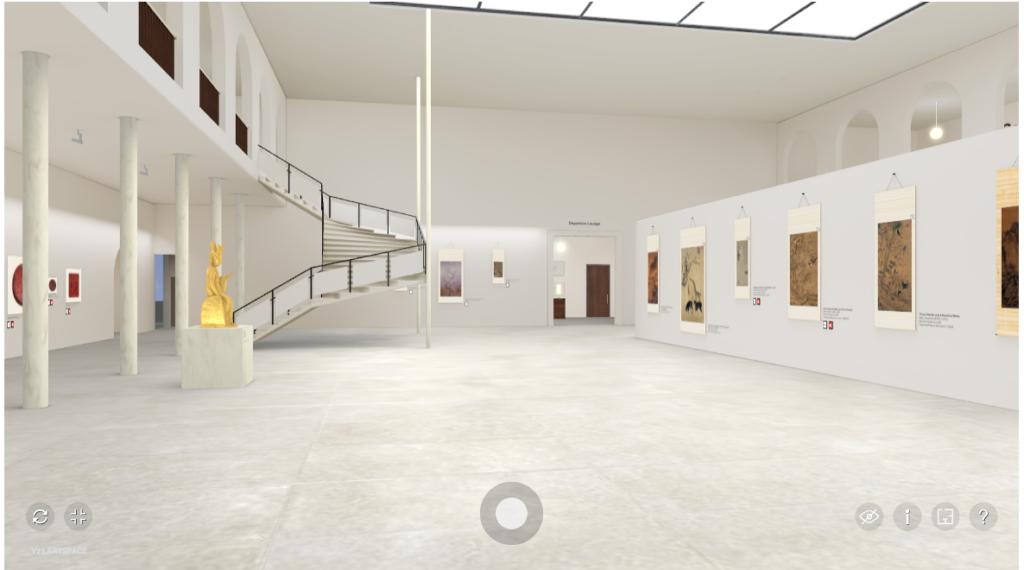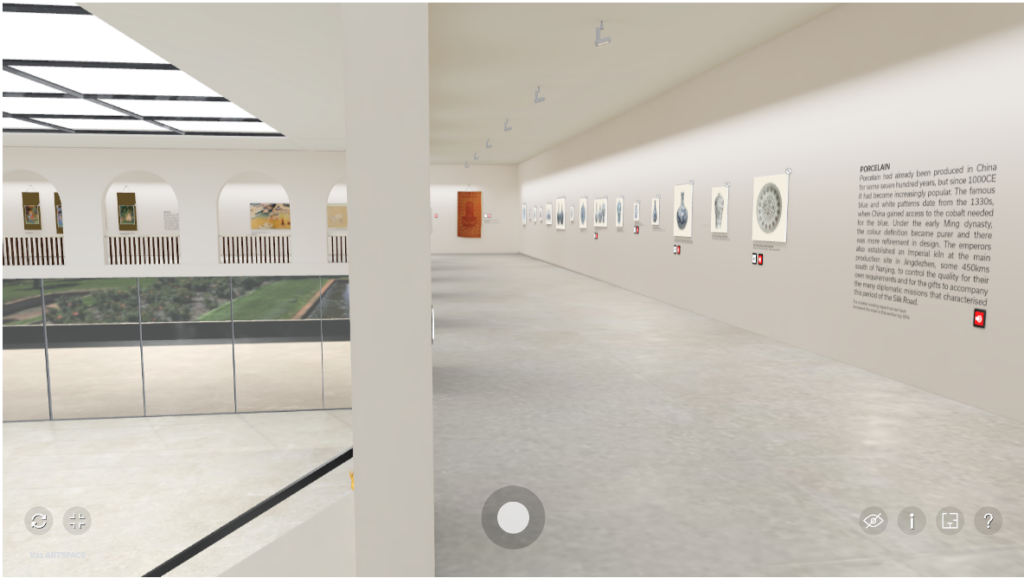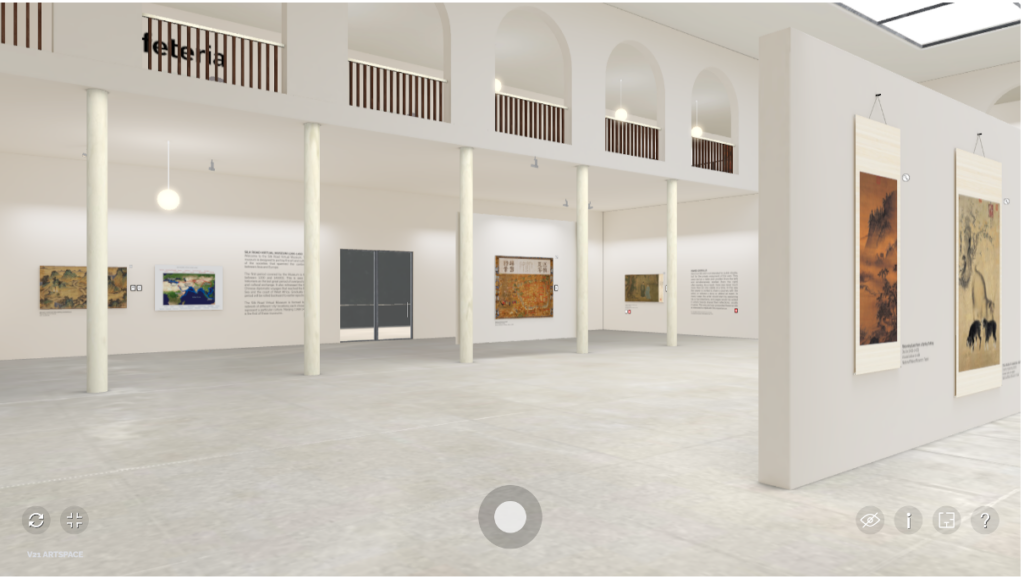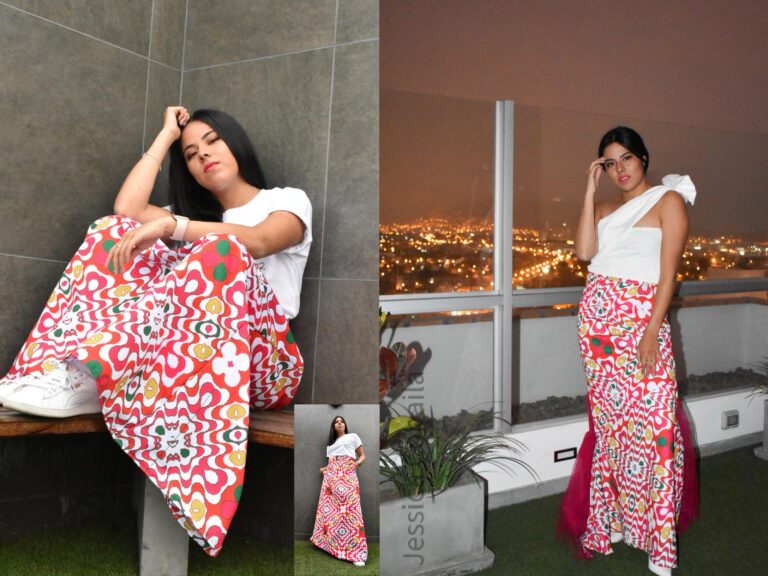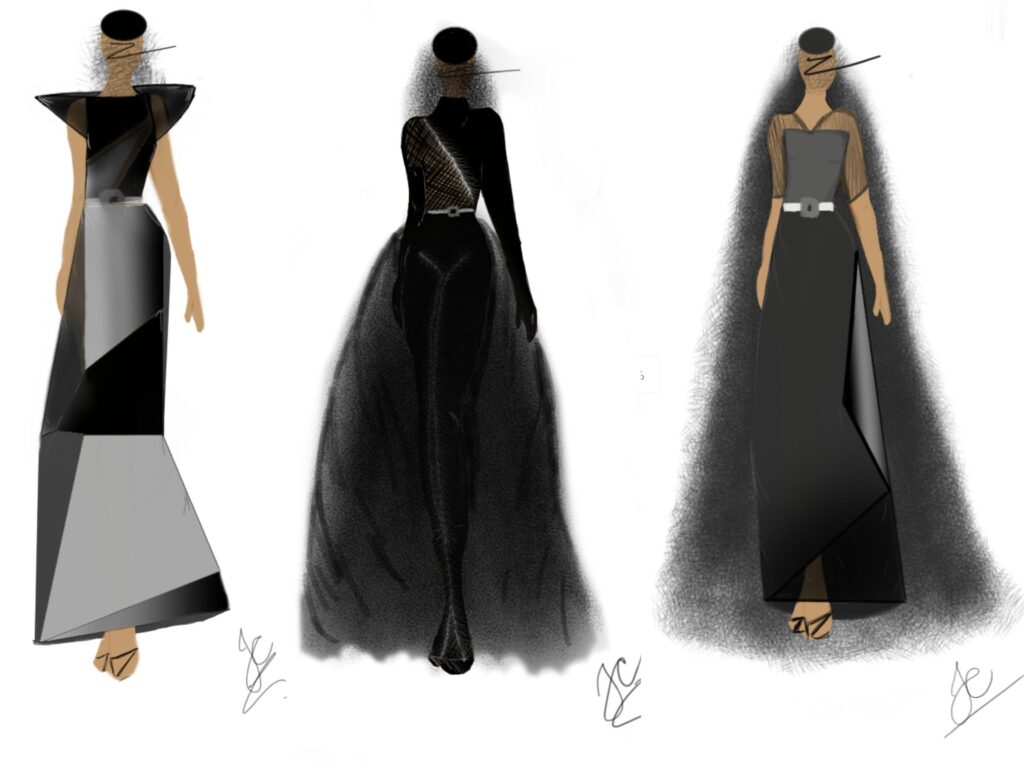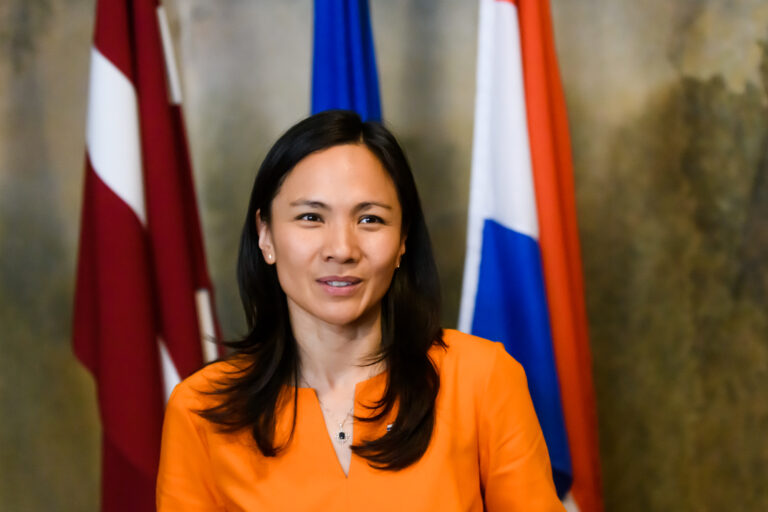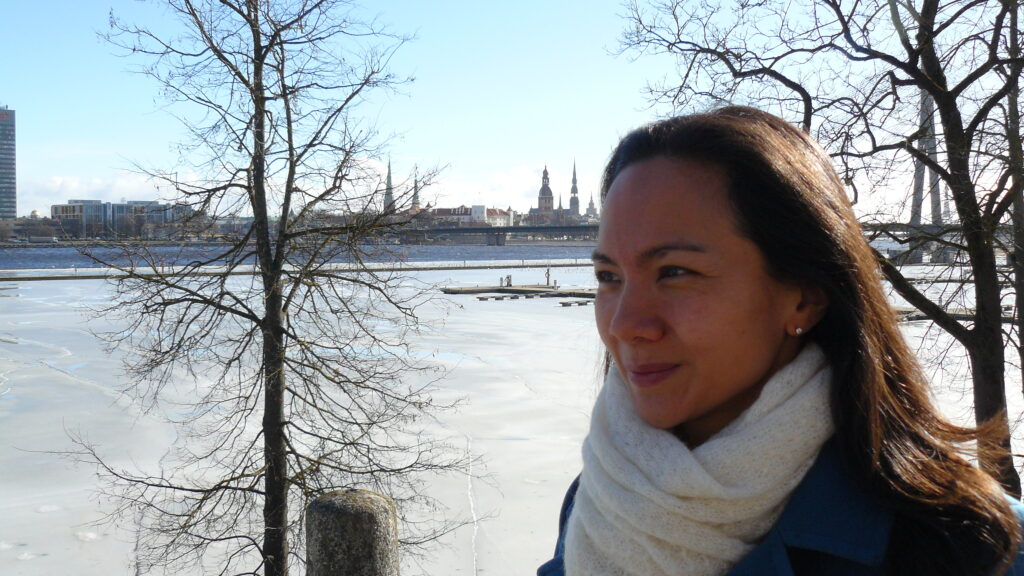Friday, 3 March 2023, Republic of Ireland: The Minister for Tourism, Culture, Arts, Gaeltacht, Sport and Media, Catherine Martin, and Tánaiste and Minister for Foreign Affairs, Micheál Martin, announced a €2 million joint investment in a season of Irish arts and culture which will take place in Germany.
The season will be a joint partnership between Culture Ireland and the Department of Foreign Affairs, with the aim of deepening Ireland’s cultural engagement with Germany, as a key partner in Europe, as we mark the fiftieth anniversary of our membership of the European Union.
In line with the ambition of Global Ireland, Ireland is committed to strengthening our global cultural presence and impact and places a strategic priority on arts and creativity as a key outward expression of our identity. This initiative aims to provide a special focus on the presentation of contemporary Irish arts in Germany. The Irish Embassy in Berlin and the Consulate-General in Frankfurt, with on-the-ground engagement, will work alongside Culture Ireland to co-fund, plan and deliver the programme.
Tánaiste and Minister for Foreign Affairs, Micheál Martin, commented as per statement linked below:
“Germany is a vital political and economic partner for Ireland and our bilateral relations are excellent, with a major increase in contacts and coordination between Ireland and Germany since the 2018 strategic review of Ireland’s relations with Germany and the subsequent German-Irish Joint Plans of Action were launched. I am delighted that my department and our Embassy in Berlin and Consulate General in Frankfurt are partnering with Culture Ireland to present a curated season with a vibrant, contemporary and high-quality cultural programme in major venues, institutions and festivals across Germany, and which will grow German audiences for Irish arts.”
This new initiative follows Culture Ireland’s successful delivery of previous special projects, including the international culture programme as part of Ireland 2016 and more recently, Culture Ireland GB18, which focussed on cultural activity in Britain. This new initiative will create new opportunities for artists and companies across artforms to perform across Germany as well as develop their networks of contacts with German-based artists and cultural institutions.
For further information
Government of Ireland: https://www.gov.ie/en/press-release/081a1-unpublished-announcing-ireland-in-germany/
Culture Ireland: https://www.cultureireland.ie/news/article/ireland-in-germany-2024-calls-for-expressions-of-interest
Irish Embassy in Germany (Ambassador Dr Nicholas O’Brien): https://www.dfa.ie/irish-embassy/germany/news-and-events/news-archive/ankundigung-von-ireland-in-germany—eine-saison-irischer-kunst-und-kultur-in-deutschland-2024.html
…

